Affirmative Action
The system of reservation in India comprises a series of affirmative action measures, such as reserving access to seats in the various legislatures, to government jobs, and to enrolment in higher educational institutions. The societal inequality in India was represented by the grossly inadequate representation of Scheduled Castes, Scheduled Tribes and Other Backward Castes in employment and education due to historic, societal and cultural reasons. The reservation nourishes the historically disadvantaged castes and tribes, listed as Scheduled Castes and Scheduled Tribes by the Government of India. The reservation is undertaken to address the historic oppression, inequality and discrimination faced by those communities and to give these communities a place. It is intended to realize the promise of equality enshrined in the Constitution. However, there has been a serious debate about reservation. Review of positive discrimination is long overdue. The theme is no longer economic, social or educational it is now purely political. The so-called vulnerable have consolidated themselves as solid vote banks or have been so made on greed of Affirmative action. Is it not a opportune time to review the policy of positive discrimination or at least the extent, it has benefited protected groups the progress they have made as a group or what modification can there be either in the policy or beneficiary groups (with inclusion and exclusion). Should Affirmative action go by caste, age, religion or sex or to the first generation graduate? Theme of the book is reservation. Yes, beneficiaries only to the first generations graduates irrespective of caste, colour, religion or place of birth. From whence to get money abolish subsidy etc. and use that money. For more read the book Affirmative Action published by satyam books international, Delhi. The constitution of India forbids discrimination on any of these grounds but permits special treatment to some of these and it is that is called Affirmative action. The Affirmative action was favored by class leader like Ambedkar but had to be accepted for very limited period (initially for 10 years) that too in Parliament and the Legislature. These class leaders knew that these Affirmative actions would be counterproductive and will make beneficiaries addict to it. They also knew that these would render them useless in a society thought of coming in free India, That is classless, casteless, secular egalitarian society. The authors have discussed all the issues relating to affirmative action and suggested certain changes in the policy to extend the benefit to all deprived persons in the society.
Get it now and save 10%
BECOME A MEMBER

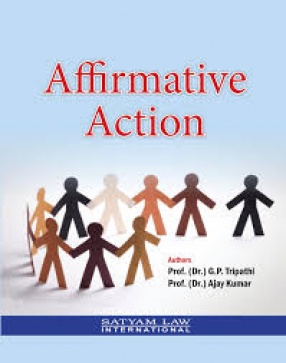
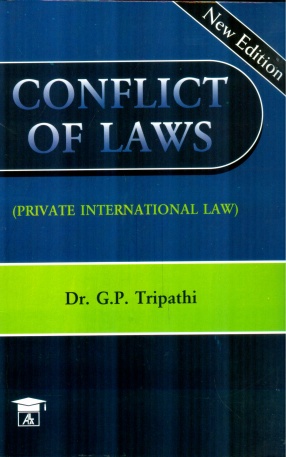
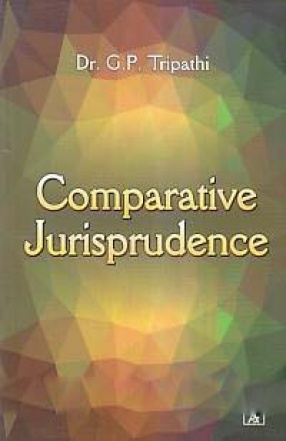
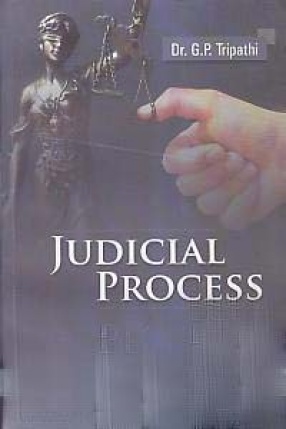
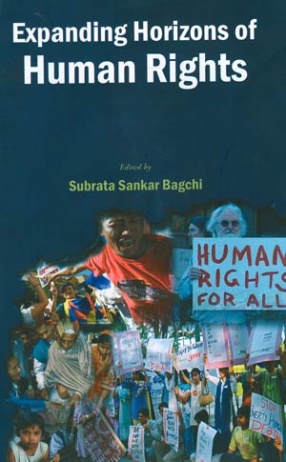

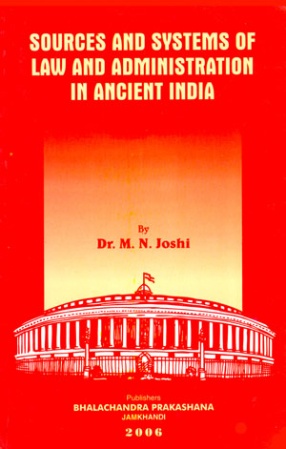
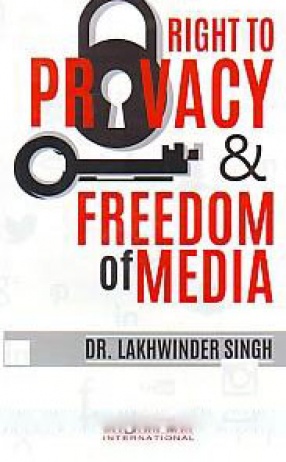

Bibliographic information